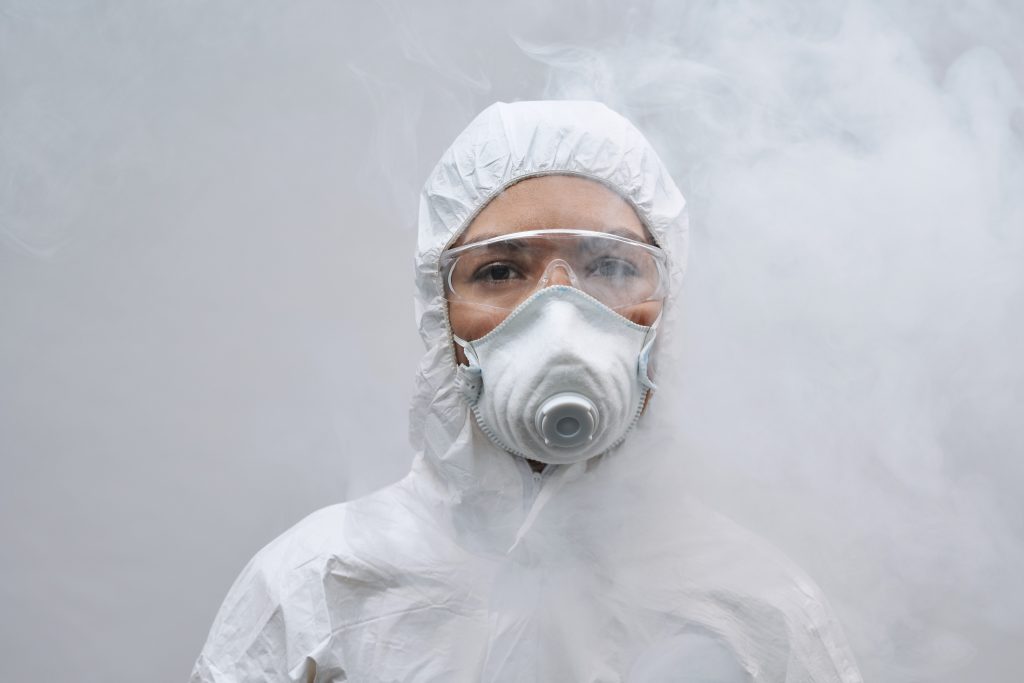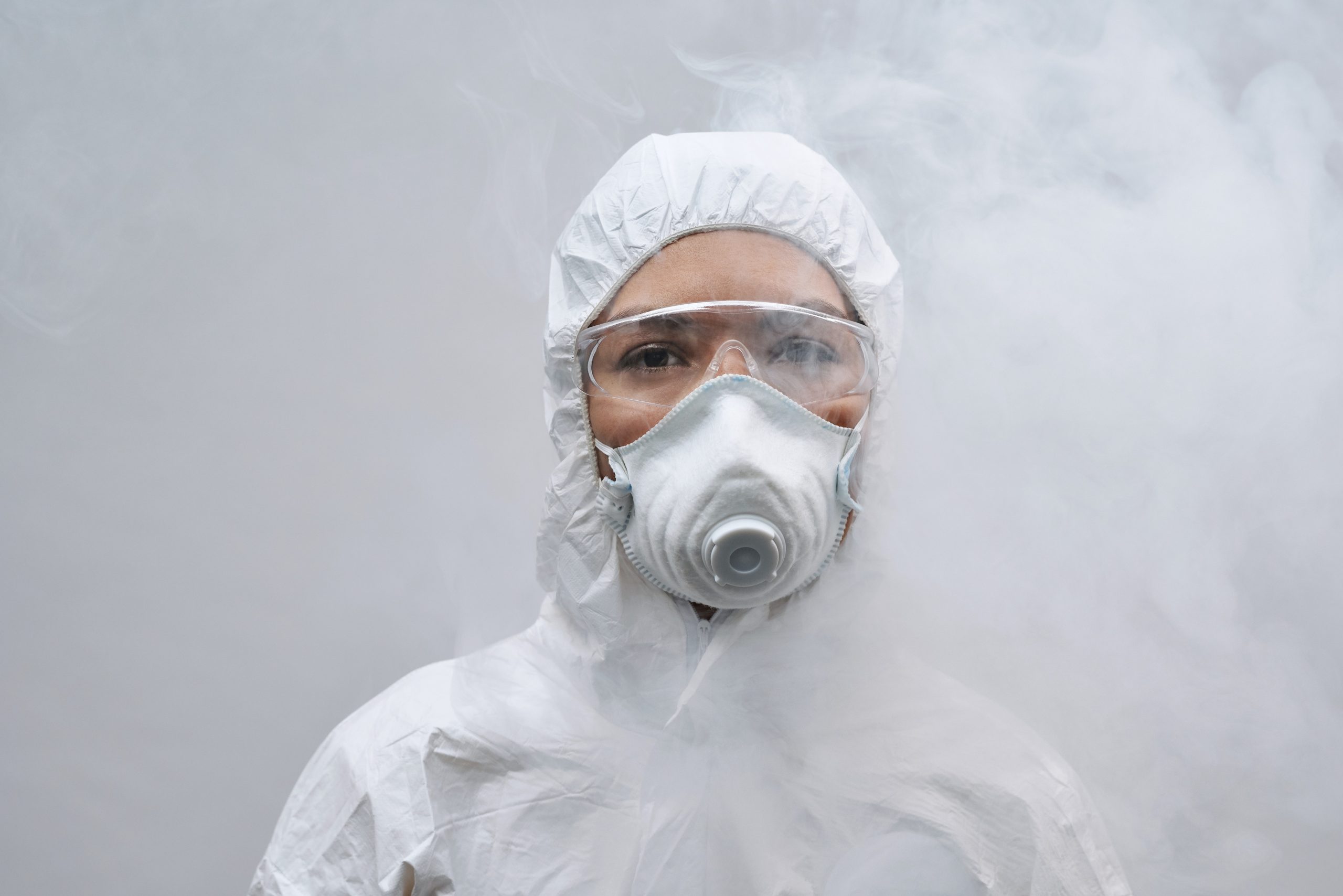COVID-19 is a public health emergency that has this disease primarily affects physical and psychological health. For example, those who work in close association with COVID-19 patients are continuously exposed to the virus which increases death and diseases. Patients who have COVID-19 infection experience isolation in hospitals, and lots of physical trauma or distress These repeated exposures gradually increase a person’s risk for the development of Post Traumatic Stress Disorder or PTSD.

To provide a diagnosis of “post-traumatic stress disorder”, one’s doctor might do a physical examination, perform a psychological evaluation by discussing and evaluating one’s signs and/or symptoms, and by applying criteria as defined in the American Psychiatric Association’s “Diagnostic and Statistical Manual of Mental Disorders”.
What is PTSD?

“Post-traumatic stress disorder” PTSD is a mental health issue that is triggered by any adverse event by either experiencing or by being a witness. Symptoms of PTSD include flashbacks, nightmares, presence of severe anxiety along with uncontrolled thoughts regarding any particular event.
With time and adequate self-care, people usually get better from traumatic events. If people’s symptoms worsen, they may receive help by getting therapy. Once the symptoms have stopped, people will feel better about their lives and function more normally.
How do individuals who have recovered from COVID 19 infections develop PTSD?

The outbreak of COVID-19 infection that subsequently resulted in a lockdown led to the development of distress in the general population. In various countries which have caused various psychological issues among caregivers, healthcare workers, and patients as well. Remaining isolated during the lockdown period and related loneliness might be playing a crucial role in this condition. Various physical and coping factors can impact the development of psychological issues. Those who are identified as high risk for developing depression, anxiety, or sleep disorders, based on their COVID-19 diagnosis, are treated in hospitals with medicine and therapy.
With COVID-19 in place, responders have the knowledge to create and implement plans for coping with catastrophes. Psychological or psychiatric results of these large disasters may last for a long duration as 12 years. Psychological responsiveness to the COVID-19 situation in worse hit populations or areas is very much similar to one’s observed in post-traumatic stress disorder symptoms. In a similar manner, individuals who have contracted COVID-19 and have survived are highly likely to demonstrate symptoms of PTSD.
What can be done to help these patients to recover from PTSD?
After recovering from COVID-19, which in itself is a traumatic episode, most individuals who have recovered show symptoms of PTSD and an inability in discontinuing the thought process which involves the disease. An affected person with PTSD shows feelings of fear, anxiety, anger, depression, feeling of guilt. People with PTSD can prevent the development of stress by getting help on time and providing support. This means support from family and friends often offers emotional comfort. Those seeking help from those who offer therapy or faith-based community services can prevent from misusing alcohol and drugs.
A person diagnosed with post-traumatic stress disorder must learn how to manage their symptoms and find or create ways to cope with them. They must also be able to share their concerns with a trusted friend, family member, or healthcare professional. The treatments for PTSD can help people recover from their symptoms. They vary depending on the severity of PTSD, but many involve therapy and medication.
How can our services assist PTSD-affected patients recovering from COVID 19?
What can Centric Healthcare do for people who are recovering from PTSD after COVID-19? The healthcare professionals provide talk-based therapies that help in teaching related methods towards reacting to any exposure to COVID19.
Other types of professionally sought therapies help by
a) teaching one regarding the infection-related trauma and its associated side-effects
b) making use of various relaxation-based techniques and skills dealing with the control of anger
c) providing useful hints that can help in getting good quality sleep, modifications in one’s diet, and adopting useful habits of exercising
d) assisting these affected people to identify and face their anxieties and
e) focusing on altering people’s reactions to symptoms of PTSD.
If you have PTSD related to COVID19, Centric can help you with our clinical counselor who can provide you with options related to treatment. We can help find whatever type of physical activity or exercise will work for your needs and stress. Visit Centric Healthcare for more health-related blogs.
References
- https://www.mayoclinic.org/diseases-conditions/post-traumatic-stress-disorder/diagnosis-treatment/drc-20355973
- https://www.mayoclinic.org/diseases-conditions/coronavirus/in-depth/coronavirus-long-term-effects/art-20490351
- https://www.nimh.nih.gov/health/topics/post-traumatic-stress-disorder-ptsd
- https://www.mayoclinic.org/diseases-conditions/post-traumatic-stress-disorder/symptoms-causes/syc-20355967


